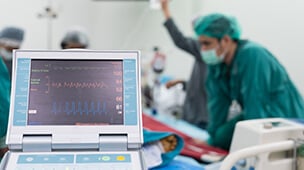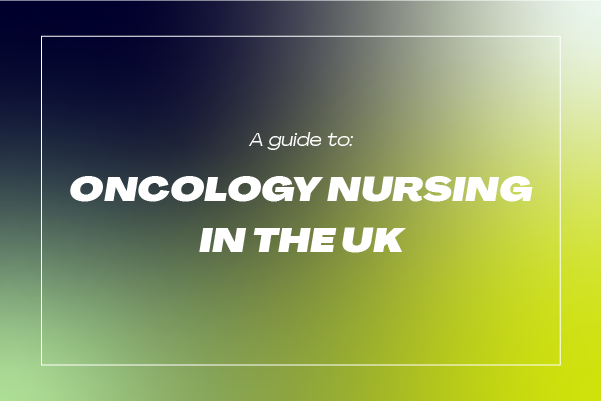What is rapid response nursing?
Rapid response nursing is a specialised area within nursing focused on providing immediate care during critical situations in the patient's homes or the community, aiding in reducing hospital admissions. Critical care nursing requires advanced skills and quick decision-making abilities. It involves expertise in caring for critically ill patients. Paramedics are usually the first to help in medical emergencies, so their job is very important for patients' health.
How has rapid response nursing evolved over the years?
The evolution of emergency nursing is deeply intertwined with nursing history. From its early stages, where nurses provided basic care, to the current state, where advanced nursing practices are the norm, rapid response nursing has seen significant transformations. The evolution of nursing protocols and the integration of healthcare innovations have been pivotal in this journey.
What impact did major health crises (like COVID-19) have on rapid response nursing?
Pandemic response nursing, particularly during the COVID-19 crisis, underscored the vital role of Rapid Response Nurses. They adapted to unprecedented challenges, implementing new protocols and utilising telemedicine in nursing to deliver care. During this time, there was a big change in how medical emergencies were handled, with rapid response nursing becoming more important.
How has technological advancement influenced rapid response nursing?
Nursing technology advances have revolutionised nursing. The introduction of sophisticated medical equipment and telehealth has enabled nurses to provide more efficient and effective care. This technology has been instrumental in emergency medical services (EMS), allowing Rapid Response Nurses to deliver critical care even in remote or underserved areas.
What are the key skills and qualifications that have emerged as important for Rapid Response Nurses?
Advanced nursing practices have become increasingly important in rapid-response teams. Essential skills include advanced life support, critical thinking, and working under pressure. Ongoing nursing education and training are crucial for these nurses to stay updated with the latest healthcare innovations and trends.
How have training and education for Rapid Response Nurses changed?
Nursing education and training have evolved significantly, emphasising critical care nursing, emergency protocols, and technology use. Training programs and ongoing education are important for nurses to prepare for fast-paced career situations. Simulation-based training helps nurses adapt to changing scenarios.
What role does rapid response nursing play in overall patient outcomes in emergencies?
In emergency situations, Rapid Response Nurses are often the frontline healthcare workers. Their prompt actions and expertise significantly influence patient outcomes. They receive training to assess situations swiftly and implement life-saving interventions, which makes them indispensable in emergency medical services.
How are Rapid Response Nurses prepared for the psychological challenges of the job?
The psychological impact of working in high-pressure environments is a critical aspect of rapid response nursing. Training now includes coping mechanisms and mental health support to help nurses manage the stress and emotional toll of their work. This focus on mental well-being is essential for sustaining a long and healthy career in this demanding field.
What innovations do experts anticipate in the field in the future?
Further advances in healthcare technology are likely to shape the future. Rapid Response Nurses should enhance their capabilities with innovations in AI, remote monitoring, and personalised medicine. Additionally, there may be a greater emphasis on global collaboration and information sharing to improve emergency nursing practices worldwide.
How does rapid response nursing differ globally?
They vary across countries, influenced by factors like healthcare infrastructure, cultural norms, and available resources. While the core principles of emergency care remain similar, the approach, techniques, and technologies employed can differ significantly. Understanding these global variations is crucial for developing comprehensive nursing protocols and training programs.
Discover your next rapid response nursing role with Your World
Looking to start your next chapter? Your World offers a wide range of Rapid Response Nursing jobs throughout the NHS and private sector. Get in touch with us directly or view our current live vacancies today.












